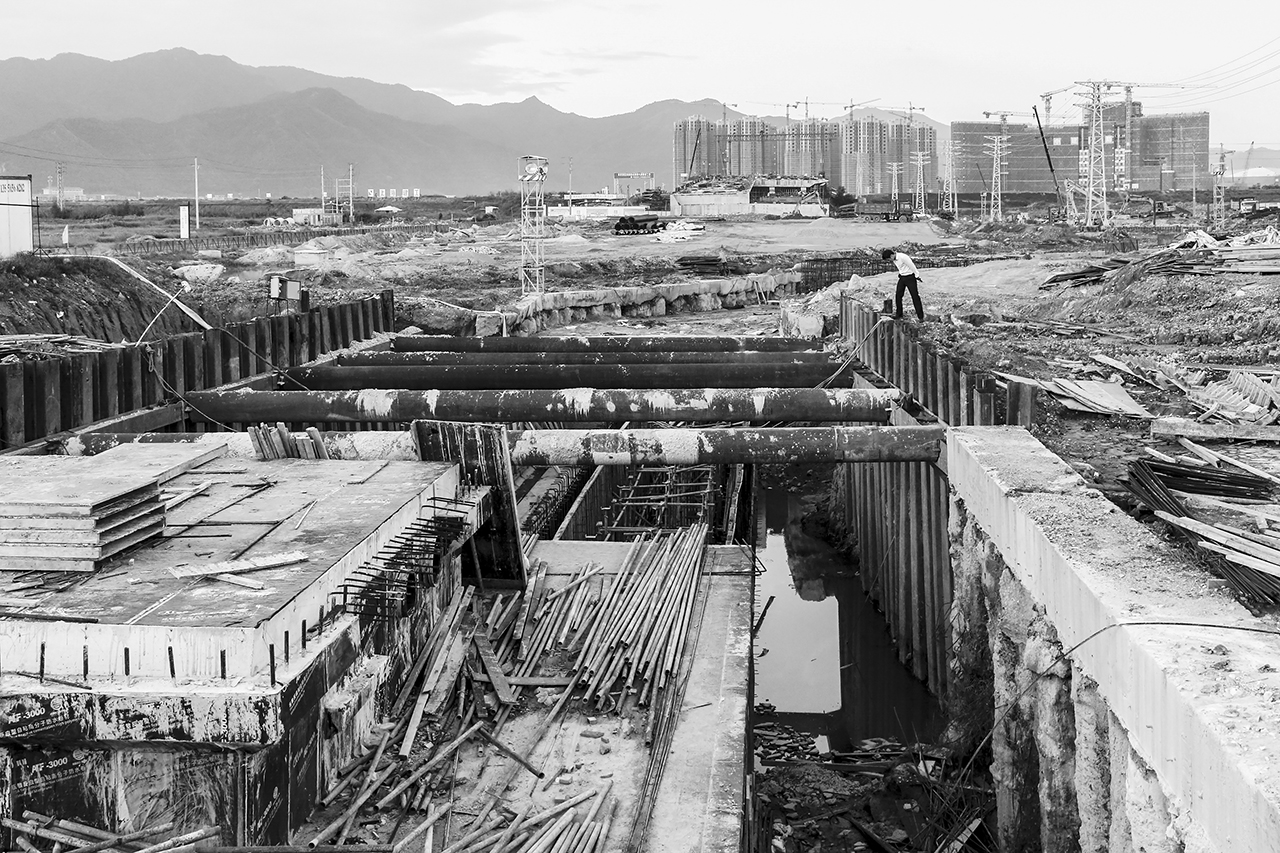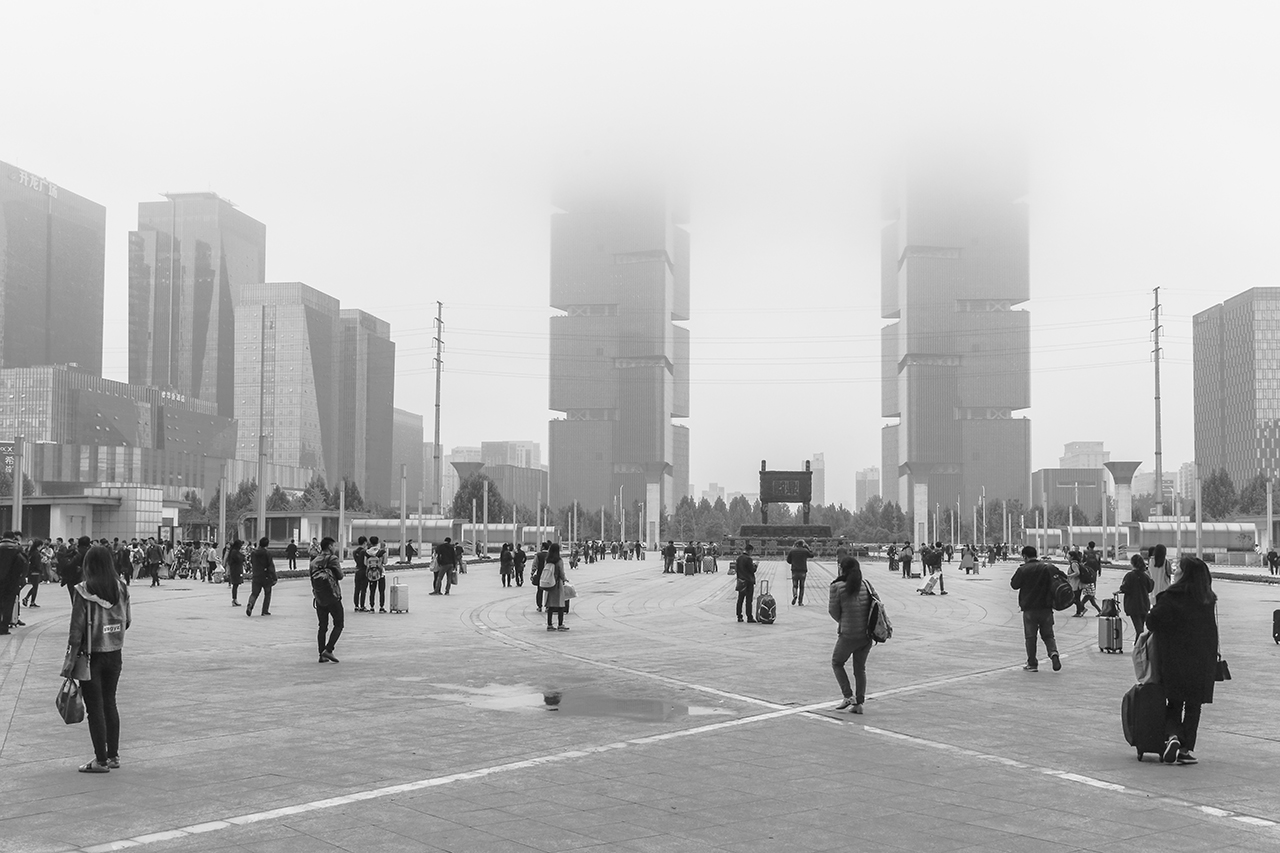THEORETICAL RESEARCH
Chinese New Towns: Negotiating Citizenship and Physical Form
2017 – 2019
In the early twenty-first century the Chinese Government announced it would have built twenty new towns each year for the next twenty years: in total, approximately 400 new towns would have been designed and built before 2020. The international research considers Chinese new towns as a laboratory in which and from which it possible to observe features and current changes in contemporary cities: questioning new towns is a way to question what cities are and what have they become in China and elsewhere.
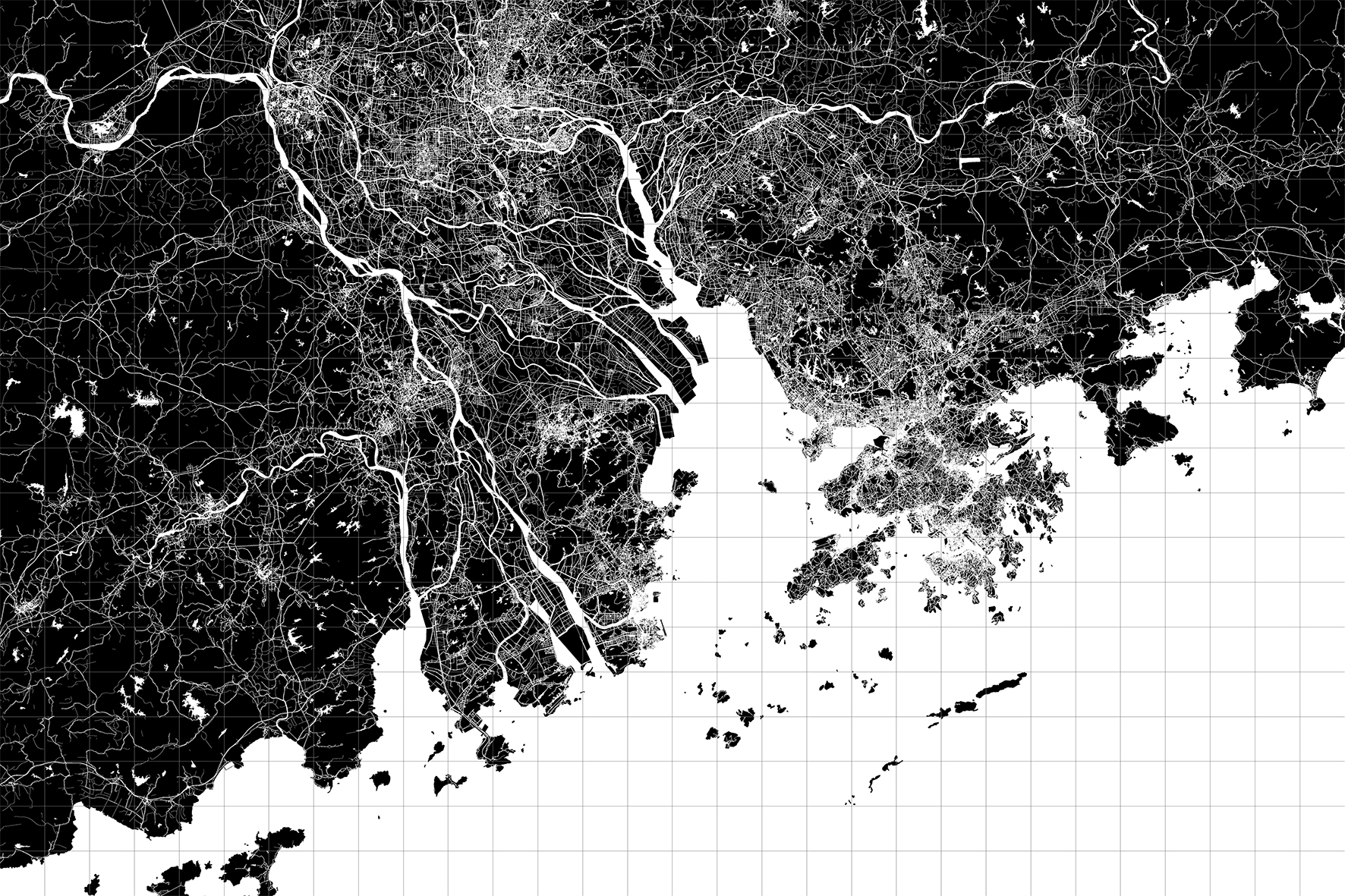
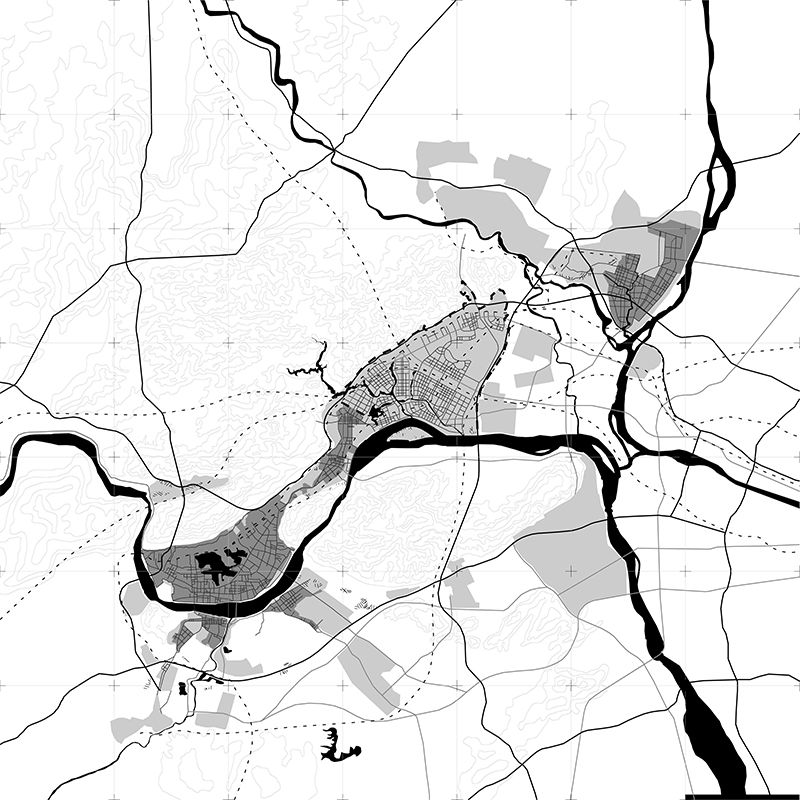
CREDITS:
Leading University: Politecnico di Torino (DAD + DIST + China Room research group)
Partner Universities: École Polytechnique Fédérale de Lausanne (College of Humanities), and Tsinghua University of Beijing (School of Architecture)
Reserch Grants: Politecnico di Torino, Fondazione Cassa di Risparmio di Torino, and Horizon 2020
Years: 2016-2019
Principal Investigators: Michele Bonino, Francesca Governa, Maria Paola Repellino, and Angelo Sampieri
Research Team: Alessandro Armando, Mauro Berta, Francesco Carota, Filippo De Pieri, Valeria Federighi, Filippo Fiandanese, Francesca Frassoldati, Xu Gaofeng, Florence Graezer Bideau, Liu Jian, Anna Pagani, Leonardo Ramondetti, Bianca Maria Rinaldi, Astrid Safina, Davide Vero
MAIN PUBLICATIONS:
Bonino, Michele, Governa, Francesca, Repellino, Maria Paola, and Angelo Sampieri (Eds.) (2019). The City after Chinese New Towns: Spaces and Imaginaries from Contemporary Urban China. Basel: Birkhäuser. ISBN 978-3035617658.
Governa, F., & Sampieri, A. (2020). Urbanisation processes and new towns in contemporary China: A critical understanding from a decentred view. Urban studies, 57(2), 366-382. DOI: 10.1177/0042098019860807.
Bonino, M., Governa, F., & Sampieri, A. (Eds.) (2018). The City after Chinese New Towns [special issue]. Territorio, 85, 21-56. DOI: 10.3280/TR2018-085003.
Ramondetti, L. (2019), The Asian city of the 21st century through three projects by Arata Isozaki. Territorio, 90, 7-20. DOI:10.3280/TR2019-090001.
Ramondetti, L. (2023). Plans and projects for the Central Plains of China: New forms of extended urbanisation in Zhengzhou metropolitan region. Transactions in Planning and Urban Research, 2(1), 35-52. DOI: 10.1177/27541223231151442
EDUCATION:
PhD Course: The City After Chinese New Towns
Doctoral School: Urban and Regional Development
Coordinated by: Leonardo Ramondetti and Astrid Safina
Guest Lecturers: Profs. Yang Dingliang, Francesca Governa, Xuefei Ren, Angelo Sampieri, and Austin Williams
A.Y.: 2018-2019
PhD Course: How to Study Contemporary China?
Doctoral School: Architecture: History and Project
Coordinated by: Profs. Michele Bonino, Francesca Frassoldati, and Alberto Bologna
Guest Lecturers: Christopher C.M. Lee, Guanghui Ding, and Carine Henriot
A.Y.: 2018-2019
MSc Course: Architecture and Urban Space (06QLVPQ/ 05QLVPQ/ 04QLVPQ/ 03QLVPQ/ 02QLVPQ)
MSc: Politecnico di Torino – Architecture, Construction, City
Professors: Michele Bonino, Alberto Bologna,Florence Graezer Bideau, Francesca Governa, Arianna Ponzini, Angelo Sampieri, Francesco, Silvestri
A.Y.s: 2017-2020
The research project Chinese New TOwns: Negotiating Citizenship and Physical Form (CeNTO) was the result of a cooperative effort carried out by scholars from Politecnico di Torino, Tsinghua University of Beijing and École Polytechnique Fédérale de Lausanne between 2015 and 2017. Within Politecnico di Torino, the project implied the collaboration between the Department of Architecture and Design (DAD) and the Interuniversity Department of Regional and Urban Studies and Planning (DIST). It involved PhD candidates in Architecture. History and Design (DASP) and Urban and Regional Development (URD) and it was implemented thanks to a grant by the Politecnico di Torino and Fondazione CRT as part of the programme La Ricerca dei Talenti. The aim was to create a multidisciplinary and intercultural group of about twenty junior and senior scholars from the three academic institutions. Various disciplines related to urban China – such as architecture, urban design, urban geography, urban planning, urban sociology and landscape design – were joint in order to structure the research framework.
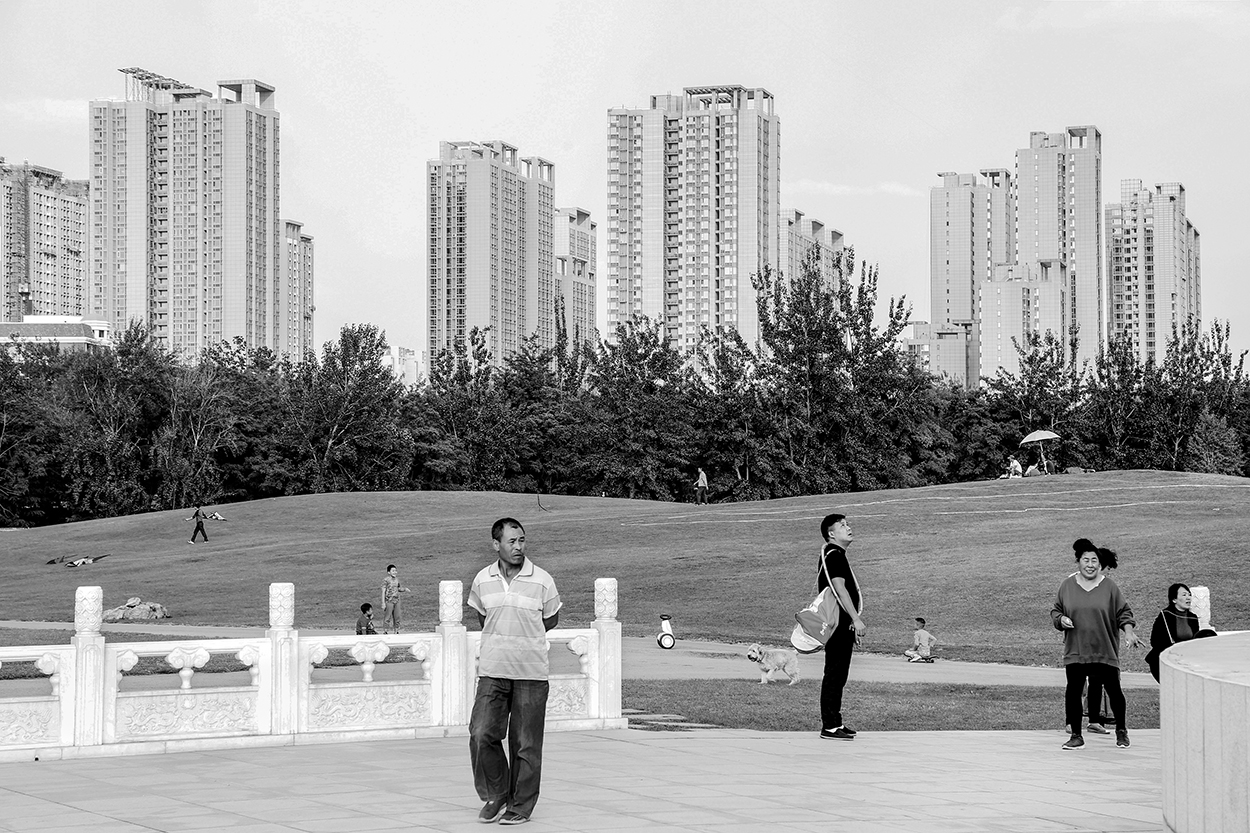
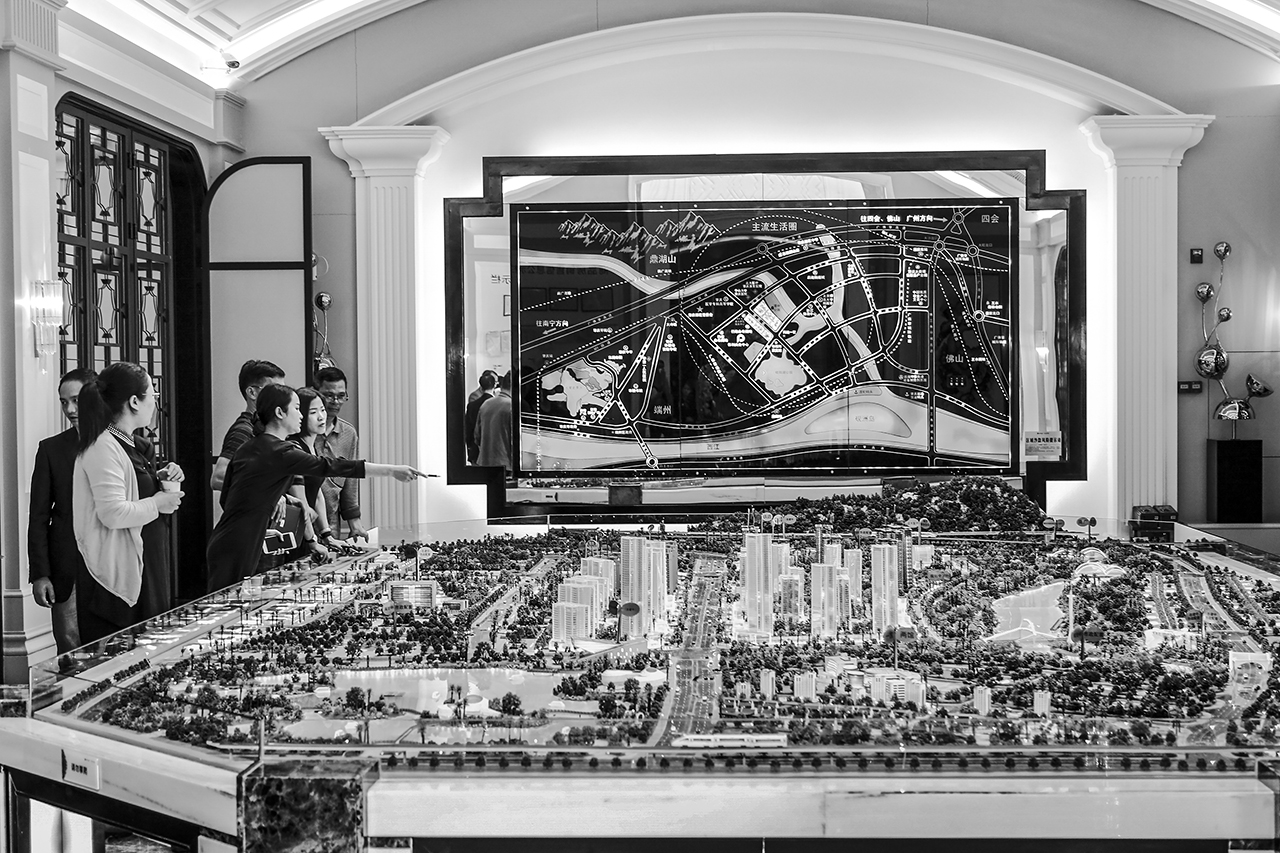
The study considered Chinese New Towns as a laboratory in and from which it is possible to observe features and current changes of contemporary cities: the operation of questioning new towns is a way to question what cities are (and what they have become) in China and elsewhere. The approach encourages not to focus on a single narrative or a single place, but to address its ability to say things that surpass it, that also speak of other things, that link places and issues in an unusual open manner. In this sense, new towns help to better understand and reconsider the wider urbanisation processes and the forms and features of the project for the contemporary city, as well as the way in which it is now inhabited. In essence, Chinese new towns allow to rethink the ways of interpreting and designing the city. Mixing critical-descriptive and design-oriented approaches, the research focuses on three places — Tongzhou, Zhaoqing and Zhengdong — that have been analysed through extensive fieldwork by a substantial number of members of the group. The selection of three new towns does not provide a comprehensive atlas of the many situations or generalities of the new towns in China. The three places, in fact, are neither exemplary nor representative: they are just specific sites from which to move questions that refer to broader, elusive problems and trends.
During the three-year research period, the project boosted scholars’ collaboration beyond the boundaries of their respective institutions by organising regular fieldwork in the three selected new towns of Tongzhou, Zhengdong and Zhaoqing. On-site research also included more extensive fieldwork performed by three PhD candidates involved in the project. A PhD thesis was set up by the Politecnico di Torino for each case study. In order to disseminate intermediate results, the research team also organised several cultural activities with larger audiences. For example, results were displayed at a seminar entitled Chinese New Towns: Negotiating Citizenship and Physical Form, held during the Beijing Design Week 2016, where discussions focused on what Europe can or cannot learn from Chinese urbanisation. The results were also illustrated during five lectures organised as part of the exhibition From the Old to the New Silk Road held in 2017 at the Museum of Oriental Art (MAO) in Turin. In the end, the main outcome of the research project was the volume The City after Chinese New Towns. Spaces and Imaginaries from Contemporary Urban China, published by Birkhäuser, 2019.
